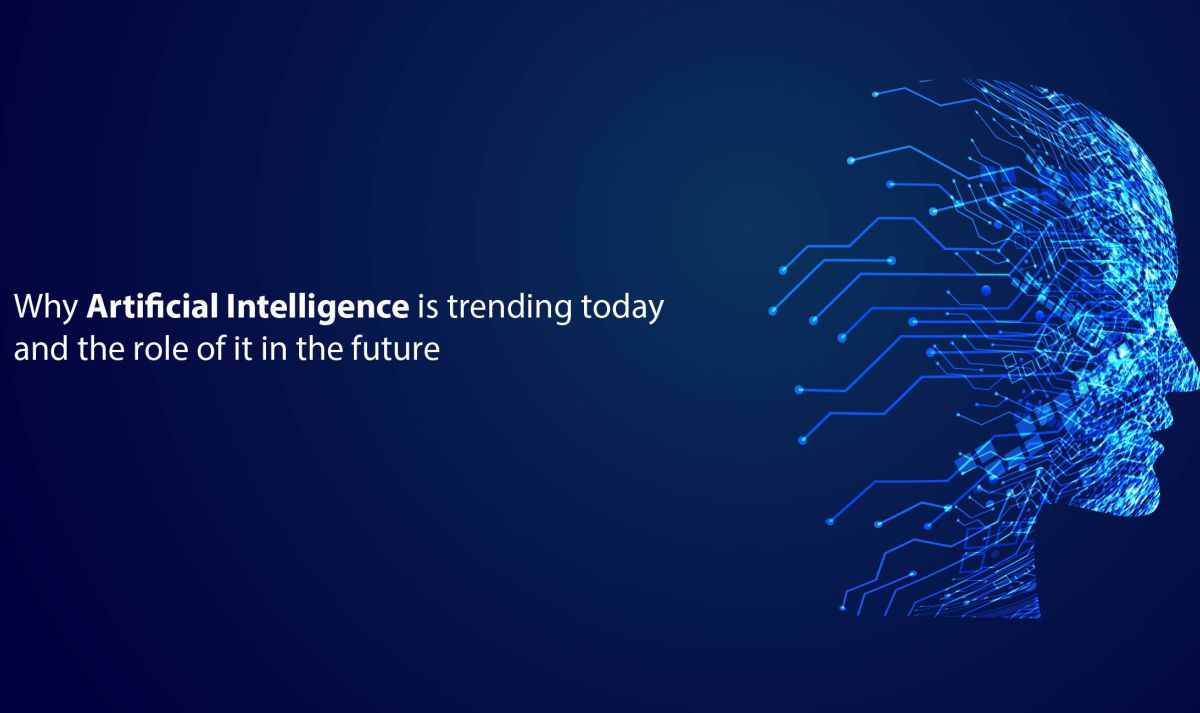
Unveiling the Limits of AI: Exploring the Boundaries of Machine IntelligenceUnveiling the Limits of AI: Exploring the Boundaries of Machine Intelligence Artificial intelligence (AI), with its extraordinary capabilities, has revolutionized numerous industries and sparked an era of unprecedented technological advancement. However, despite its undeniable progress, there are inherent boundaries to AI’s intelligence that warrant careful consideration and exploration. Cognitive Barriers: * Emotional Intelligence: AI systems struggle to fully comprehend and respond to human emotions. They lack empathy, sympathy, and the ability to intuit and reason with feelings. * Creativity: While AI can generate novel content based on existing datasets, it lacks the true originality and imagination found in human creativity. It is constrained by its training data and algorithms, limiting its ability to envision truly groundbreaking ideas. * Abstract Reasoning: AI often excels at tasks involving logical and rule-based reasoning. However, it can struggle to handle abstract concepts or make inferences based on incomplete or ambiguous information. Technical Constraints: * Data Dependency: AI algorithms are heavily dependent on large amounts of high-quality data. The quality and quantity of available data influence the accuracy and performance of AI models. * Bias: AI systems can inherit biases from the training data used to build them. This can perpetuate existing societal biases and limit the fairness and accuracy of their predictions. * Computational Limitations: The development and deployment of AI systems require immense computational resources. This can pose a significant barrier, especially for complex tasks or real-time applications. Ethical Considerations: * Job Displacement: As AI automates tasks, it raises concerns about job displacement for humans. Balancing the benefits of AI with the potential societal impact requires careful ethical considerations. * Autonomous Decision-Making: The ability of AI to make decisions without human intervention raises questions about accountability and responsibility. Who is liable for the consequences of AI-driven decisions? * Cognitive Deception: AI systems are capable of generating realistic but deceptive content. This raises concerns about its potential misuse for propaganda and misinformation. Research Frontiers and Future Directions: Exploring the limits of AI is an ongoing research endeavor. Researchers are working to address these cognitive, technical, and ethical challenges through: * Developing AI systems with enhanced adaptability, emotion recognition, and creative abilities. * Improving data quality, reducing bias, and establishing ethical frameworks for AI development and deployment. * Exploring novel computational architectures and algorithms to overcome current limitations. By unveiling the limits of AI, we gain a deeper understanding of its capabilities and potential. It enables us to set realistic expectations, mitigate risks, and guide the responsible development and deployment of AI for the benefit of society. As AI continues to evolve, ongoing research and exploration will help us navigate the boundaries of machine intelligence and shape its role in our future.
Posted inNews